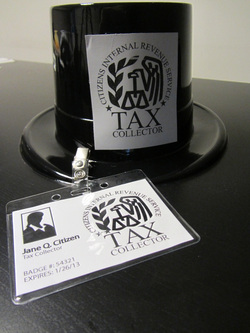
A will provides your instructions, but it does not avoid probate. Any assets titled in your name or directed by your will must go through your state’s probate process before they can be distributed to your heirs. (If you own property in other states, your family will probably face multiple probates, each one according to the laws in that state.) The process varies greatly from state to state, but it can become expensive with legal fees, executor fees, and court costs. It can also take anywhere from nine months to two years or longer. With rare exception, probate files are open to the public and excluded heirs are encouraged to come forward and seek a share of your estate. In short, the court system, not your family, controls the process.
Not everything you own will go through probate. Jointly-owned property and assets that let you name a beneficiary (for example, life insurance, IRAs, 401(k)s, annuities, etc.) are not controlled by your will and usually will transfer to the new owner or beneficiary without probate. But there are many problems with joint ownership, and avoidance of probate is not guaranteed. For example, if a valid beneficiary is not named, the assets will have to go through probate and will be distributed along with the rest of your estate. If you name a minor as a beneficiary, the court will probably insist on a guardianship until the child legally becomes an adult.
For these reasons a revocable living trust is preferred by many families and professionals. It can avoid probate at death (including multiple probates if you own property in other states), prevent court control of assets at incapacity, bring all of your assets (even those with beneficiary designations) together into one plan, provide maximum privacy, is valid in every state, and can be changed by you at any time. It can also reflect your love and values to your family and future generations.
Unlike a will, a trust doesn’t have to die with you. Assets can stay in your trust, managed by the trustee you selected, until your beneficiaries reach the age you want them to inherit. Your trust can continue longer to provide for a loved one with special needs, or to protect the assets from beneficiaries’ creditors, spouses, and irresponsible spending.
A living trust is more expensive initially than a will, but considering it can avoid court interference at incapacity and death, many people consider it to be a bargain.










 RSS Feed
RSS Feed
